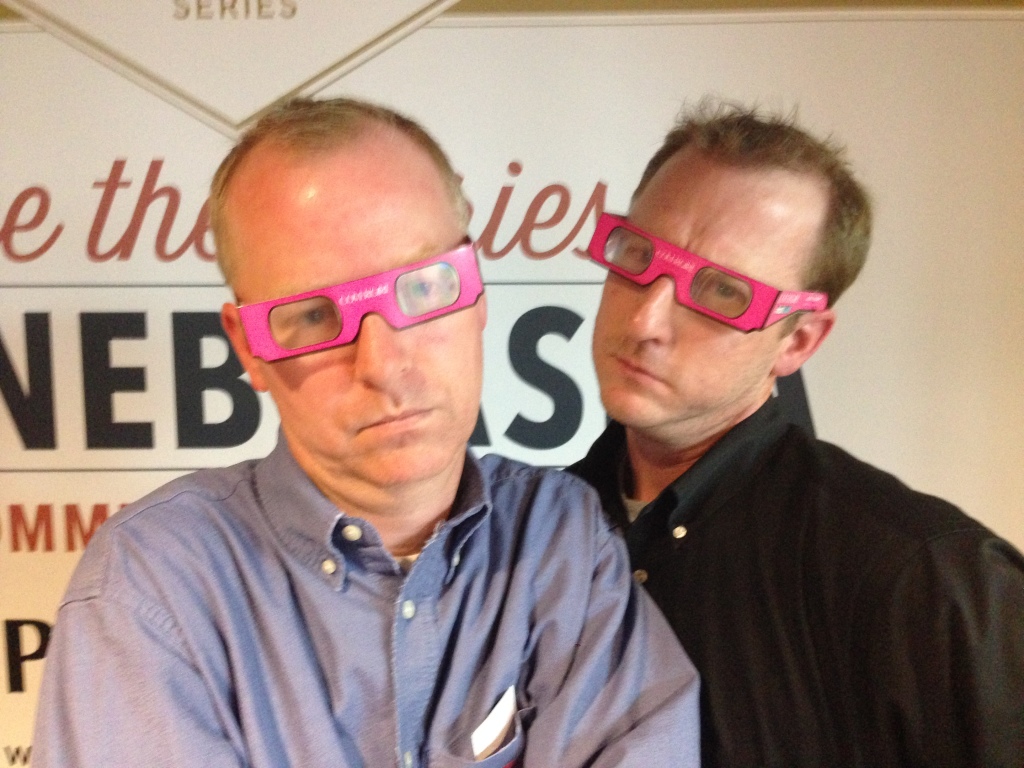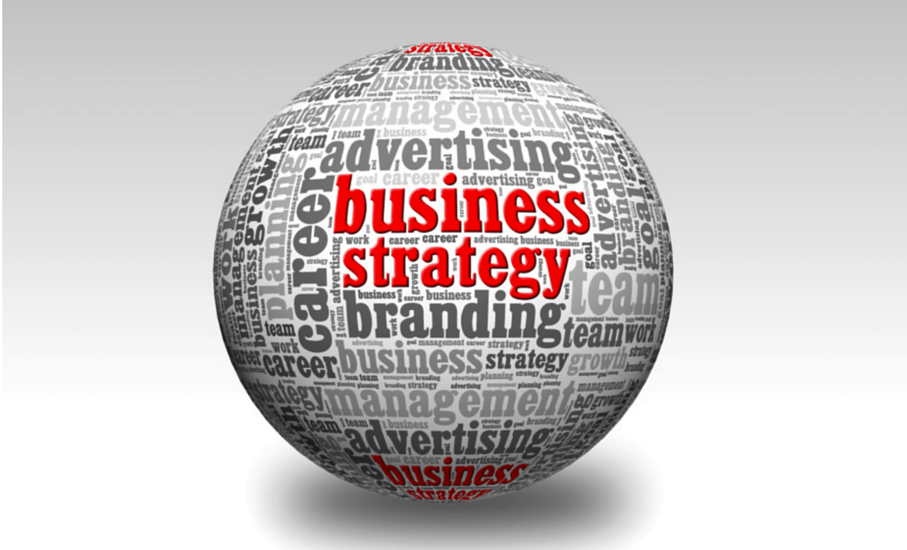Podcast: Play in new window | Download
Subscribe: RSS
Who Else Wants A Unique Brand? – PTC Episode 076

A memorable brand that becomes a household name. It is like the Holy Grail. So many companies strive for it, but so few achieve it. Why is that?
A brand is a type of product manufactured by a particular company under a particular name, a brand name, a particular identity or image regarded as an asset, or a particular type or kind of something.
But, when we think of a brand, we think of so much more. There is so much more emotion in a powerful brand.
Under those definitions, Honda is a brand. However, it is a much different brand than Harley Davidson. Star Trek is a brand, although a much different brand than Battlestar Galactica. Oprah is a brand. I don’t think anyone would equal Oprah’s brand to that of Sally Jessy Raphael.
Each of those iconic brands were available at the same time their counterpart was making a name for themselves. Yet, the iconic brands became huge, powerful, valuable names. That’s not to say the other brands were not familiar or valuable. Those competitor brands simply did not become the astronomical brands of the segment leaders.
Why is that? What can you learn from these iconic brands that can help your podcast become a name, identity or image, but a name that evokes powerful emotion from your listener. How can you create fans instead of a casual audience?
Here are six steps you can put into use this week to begin to develop your unique brand.
Develop Your Style
Create everything you do in your own style. Powerful brands have a style all their own.
Your style is your way of doing something. Are you friendly? How about challenging or argumemtative? Maybe you are the Everyman. Is your podcast a narrative or instructional? Are you explosive, soothing or euphoric? Do I hear sarcasm in your show? Are you a friend to everybody or the guy they love to hate? Do you take risks or play it close to the vest?
Each piece plays into your style.
You can only stand out among all other shows when you create your own unique style. You must then make sure everything you do is consistent with that style.
Many new broadcasters try to emulate the style of their hero or mentor. They attempt to imitate the styles they hear from other broadcasters. Unfortunately, copying doesn’t create a unique style. Copying typically creates a watered-down version of some other style. When creating your content, be yourself and find your own style.
Some of the greatest broadcasters didn’t start the ascension to the top until they abandoned the attempts to broadcast in the style they thought others desired and began being true to themselves.
Oprah Winfrey quit trying to be a traditional news anchor. She also quit doing the typical tabloid, daytime talk show like Sally Jessy Raphael was doing at the time. When she began to create the show she always desired, she went to the top of the game.
Howard Stern began as a radio DJ sounding like every other radio DJ. He was playing the records and spouting the lines written by management while going nowhere. If you watch “Private Parts”, Stern’s autobiographical movie, one of the classic scenes is Howard trying to recite “W-N-B-C” just like his boss wants everyone to do it.
When Stern decided he was going to do radio his way, he began to make a name for himself. He also went to the top.
Rush Limbaugh followed a very similar path. His bland radio name was Jeff Christie. He followed the format designed by somebody else. Limbaugh made every attempt to fulfill the typical radio DJ stereotype.
He also got fired again and again. When he decided to broadcast in his style and true to his beliefs, he began his rise to the top.
Adam Corolla made his climb when he took full control over his style and show. He was climbing the DJ ladder in Los Angeles. Corolla had some decent television work. He then decided to create his own show in his own style via podcast. That began his rise as one of the biggest podcasters in the world.
All of these broadcasters made the decision to stop copying others. They all created shows that were true to their style.
They each also stay true to their style in everything they do. You will never hear Rush sound like Howard. You’ll never mistake something Oprah says as something Adam might say. Being true to their style isn’t something that takes conscious effort. It comes easy to each of them, because it is true to who they are as people.
Be true to yourself. It will make it easy to create everything you do in your style.
Define Your Character With Stories
I’m not simply talking about your integrity. By character, I mean all of the attributes that create you, as in character in a play.
The purpose of your show is to attract an audience. Whether you want to monetize that relationship, encourage a call-to-action, or simply create an audience for your ideas, creating the audience is where you begin.
The stories you choose to tell reveal how open you are to others. Your openness is a sign of trust. Trust is a big piece of a relationship. Reveal things about yourself through your stories and you’ll begin to build trust with your listener.
The details you include tell your listener what you value. If the listener feels you value things they too value, you solidify the relationship. People like to hang out with similar people. If your values are opposite of your listener, you may also attract them. It is like a love/hate relationship. They may dislike it, but they continue to listen. This often happens when talking politics.
What you find entertaining will be evident by the stories you tell. Since people like other people who have similar tastes, revealing those things you find entertaining will also build the relationship.
Stories also have the power to demonstrate your vulnerability. Stories can show that you are a real person. Your listener will see you as approachable. They also may begin to see you as a friend. That is when true relationships begin to form.
Iconic brands use their story.
Oprah uses her story of her upbringing and career building by breaking down barriers. Her weight loss. Her struggles to cut a new path in daytime talk.
Howard’s story of defying “The Man” and doing it his way inspires others. Rush was told he would never make it on the air and should consider radio sales.
Harley Davidson was a joke in the motorcycle industry. Harley owners had two bikes … one to ride and one for parts. Harley now stands for independence and “take no flack” attitude.
Foster a relationship with your listener by revealing things about yourself through stories. Stories will define your character.
Don’t Just Fill Time
You never catch Oprah just going through the motions. She would never have typical guests on her show. When others were interviewing the co-star of some moving, Oprah would interview the President of the United States. Oprah has Tom Cruise jumping on her couch. You never knew what was going to happen on Oprah’s show.
When you fill time, you waste time. Your listeners have come to your podcast, because you have made them a promise with your brand. They believe they will receive some sort of information and entertainment from your show. Your listener will only give you a few minutes to begin delivering, or they will be headed to the next podcast.
Consistently add value for your listener at every opportunity. Either make the show shorter, or prepare better. It is usually a solid rule of thumb to prepare more content than you will need. This will allow you to always deliver valuable information.
Seth Godin does a fantastic job delivering brief bits of valuable information with his blog. He even carries this through to the manifestos published by his Domino Project. Seth wastes very little time. Once he has made his point, he wraps it up.
Your listener is expecting something from your podcast. Deliver continuously on the promise of your brand. Don’t just fill time.
Be Memorable
When other shows would give away a television, Oprah would give a television to everyone in the audience. Now, everyone does it.
If you want to keep your listener coming back show after show, you need to make them remember to come back. You need to remain top-of-mind for your listener. That is the purpose of audience engagement. Make your listener remember you for something specific about your show.
As you build your show, make it about one thing. Find one particular thing that will be remembered. If you try to be all things to all people, you will water down the show. Everything will be nice. However, isn’t usually truly memorable. You will get lost in the millions of messages your listener receives on a daily basis.
Find the magic. Your listener should remember one thing about your show this week. What will that be?
Stir emotion. Make it amazing. Bring your listener back. Be memorable.
Move Beyond Information
Make your show emotional. That deep connection creates relationships.
The goal of our podcasts is to create strong relationships with our audiences. We can take those relationships and move our listeners with a call to action. To achieve that strong relationship, we need to move beyond information to engaging entertainment.
Dan Miller, author of “48 Days To The Work You Love” could simply explain how you might find a new job. Instead, Dan instills the belief in his listeners that there is more to work than a paycheck. He stirs emotion describing how you can turn your passion into your career. Dan uses that emotion to turn his job finding information into engaging entertainment.
Financial information is turned into entertainment on “The Dave Ramsey Show” when Dave turns debt into the enemy. He doesn’t simply walk you through the steps to become debt free. Dave helps you find that burning desire to escape the shackles of debt. He makes you envision the possibility of “living like no one else”. His help becomes engaging entertainment. That is the reason his show is extremely popular and he is very wealthy.
Our shows can be powerful when we build relationships and move our listeners with a call to action. Those relationships happen when we move beyond information to engaging entertainment.
Risky Stands Out
It was a risk for Rush Limbaugh to step out and be incredibly opinionated regarding politics. Now, there are hundreds of shows that do the same thing.
It was a risk for Harley Davidson to embrace the bad ass lifestyle. Today you can see middle aged guys riding their bike to the office.
It was a risk for Oprah to walk away from the standard daytime tabloid drama that made her successful. You cannot flip through the stations today without finding a dozen copycats of Oprah’s style. However, none of them achieved the success of Oprah.
As we develop meaningful relationships with your podcast, we in turn build credibility that will support our call-to-action within your show. To develop strong relationships, you need to create engaging entertainment that will get you remembered by your listener. To be remembered, you must stand out.
You stand out when you are loved. You are remembered when you are hated. You fade into the background when you are plain, vanilla and trying to not upset anyone. If you don’t stir strong emotions, you are easily forgotten.
When we create, we expose our perspective. We open ourselves to criticism. It is natural to want your thoughts, views, art and creation to be accepted by everyone. To avoid being disappointed, we often play it safe.
Those fantastic, memorable personalities are usually both loved and hated. Rush Limbaugh is loved by the conservatives and hated by the liberals. Dave Ramsey is loved by the conservative investor and hated by credit card companies and whole life insurance salespeople. Dr. Laura would consistently be critical of her callers. Yet she would receive more callers than she could handle on any given show.
Safety lacks creativity. It is risky to be truly creative. However, that is really the only way to get noticed. Safe blends in. Risky stands out.
I’d love to help you with your podcast. Post any questions or comments you might have, or e-mail me at Coach@PodcastTalentCoach.com.
You can find my podcast and other tools to help you create great content at www.PodcastTalentCoach.com. Let’s turn your information into engaging entertainment.
Let’s turn your information into engaging entertainment.




